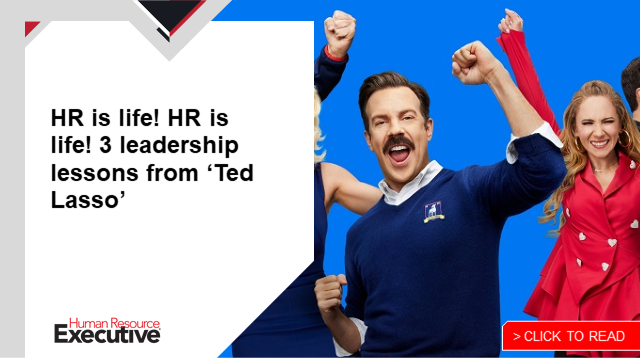As the chaos induced by COVID-19 continues to rage, businesses around the world are considering their next move. For many, this includes crafting a modern workplace that thrives under the “new normal” that is slowly becoming second nature. Determining exactly what that corporate environment looks like can be difficult, however, while so many aspects of daily life are still fluctuating.
Time is not on the side of HR leaders who would prefer to wait and see where the chips fall, however, as the sweeping changes are unlikely to fade away completely. The time is now to build an organization with a new vision and a new structure to embrace change and give workers the best chance at success.
Here are 3 areas to focus on:
Clarify identity
The shifts of the last two years have left many organizations grasping to maintain their previous values and business tenets. HR should clarify the business’ identity. Determine the core values of the organization and reimagine how they can translate into the workplace. Most importantly, however, is adapting them to fit an employee-first environment that promotes healthy, loyal employees willing to invest in themselves and grow professionally for the benefit of the company.
Invest in talent
Traditional business logic saw employees take a backseat to the bottom line. While this view is understandable and the performance of the business is certainly important, the new workplace places employees at the center of operations. As the future of the business world remains in flux, hiring and firing new team members often deprives the company of employees who grow with the changing expectations and needs to best suit the organization.
 Focus on creating an incredible employee experience that emphasizes mental and physical health as well as reskilling and education opportunities. Talent management will play an even more important role in the new normal than it did in the past. Regularly analyzing talent allows HR to craft a personalized employee experience that plays to employees’ strengths and sets them up for success. Consider consulting with upper management about smart human capital investments and include them in the talent review process.
Focus on creating an incredible employee experience that emphasizes mental and physical health as well as reskilling and education opportunities. Talent management will play an even more important role in the new normal than it did in the past. Regularly analyzing talent allows HR to craft a personalized employee experience that plays to employees’ strengths and sets them up for success. Consider consulting with upper management about smart human capital investments and include them in the talent review process.
The workplace of the future challenges the traditional tenets of business operations by adopting a “humans-first” philosophy. Building a quality employee experience with careful talent management will keep employees healthy and happy, while regular skills-development opportunity can keep them professionally fulfilled.
Prepare your managers
The advent of the “new normal” leaves professionals searching for the right skills to make their new reality as efficient as possible and help teams stay together no matter where they work. Managers, in particular, must have a toolbox of soft skills from which to draw as they rebuild their teams and workplaces.
The business world has shifted permanently from strictly in-person work to more flexible arrangements, including hybrid and remote work—meaning chances are slim that, at many organizations, all employees will be working entirely remote or entirely on site at the same time very often. This matters because communication in person and communication online require two different skill sets, and managers must be able to implement both of them in their workdays.
In addition to core, in-person communication skills such as accurately reading body language or maintaining eye contact, the written word is incredibly important to daily communication when some employees are working remotely. HR can coach managers to brush up on their skills and remember that honesty and transparency will be some of the most important elements to utilize. They must also ensure their listening skills are polished enough so employees are not only heard but feel they were heard.
Empathy is a skill that goes hand in hand with communication and emotional intelligence, and it is also one that management struggles to master. According to recent research from Businessolver, as much as 70% of upper management reports having trouble displaying empathy; yet, empathy is increasingly key for managers, allowing them to better understand their employees’ needs and support their wellbeing.
See also: How employers can help as employees’ mental health bottoms out
 Unlike communication tactics, leading with empathy does not necessarily change depending on whether employees are in the office or working remotely. Instead, the challenge here that HR can help managers navigate is how to demonstrate empathy and genuine care to all employees regardless of where they are located. This is another reason why brushing up on writing skills is a good idea as you head back into workplaces.
Unlike communication tactics, leading with empathy does not necessarily change depending on whether employees are in the office or working remotely. Instead, the challenge here that HR can help managers navigate is how to demonstrate empathy and genuine care to all employees regardless of where they are located. This is another reason why brushing up on writing skills is a good idea as you head back into workplaces.
The future of the hybrid workplace can present challenges to managers used to more traditional communication, but focusing on empathy and emotional intelligence can make the shift much easier.

